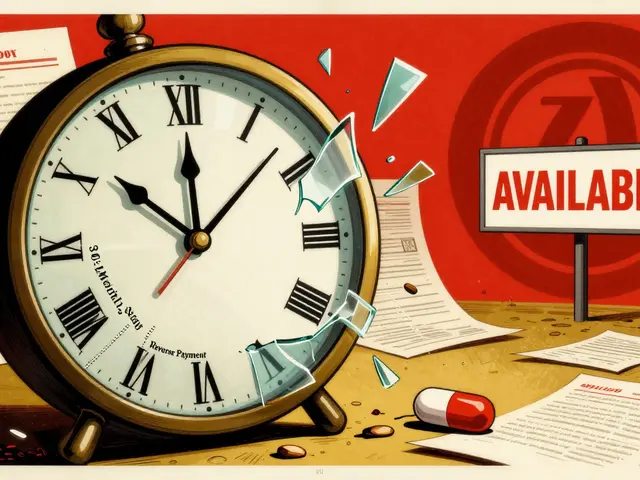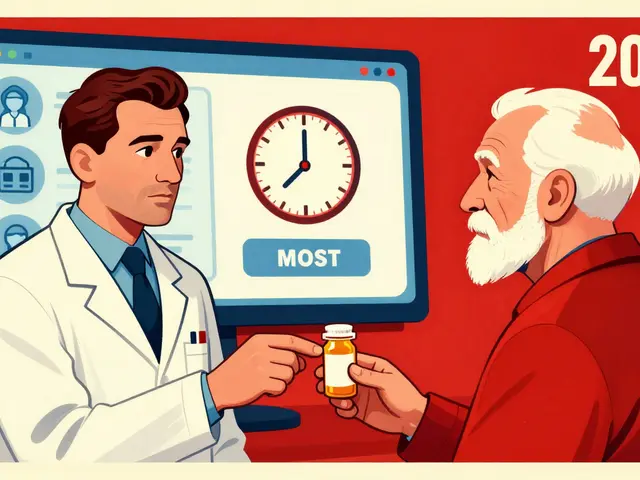Anxiety Relief Guide – What It Is, Why It Happens & How to Feel Better
If you’ve ever felt your heart race for no clear reason or found yourself worrying about tiny details, you’ve probably experienced anxiety. It’s not just “being nervous” – it’s a real feeling that can mess with sleep, focus and even how you enjoy everyday moments.
Spotting the Common Signs of Anxiety
The first step to handling anxiety is knowing what it looks like. You might notice rapid breathing, sweaty palms, or a knot in your stomach when a simple task feels overwhelming. Other people report racing thoughts, trouble sleeping, or a constant sense of dread that never really goes away. These symptoms can appear suddenly during stressful events or linger for weeks without an obvious trigger.
Pay attention to patterns. Does the anxiety spike before meetings? After scrolling social media? Recognizing triggers helps you plan practical moves instead of just reacting.
Practical Ways to Calm Your Nerves
Once you’ve identified what’s bothering you, try these easy habits:
- Breathing breaks: Inhale for four seconds, hold two, exhale four. Do it three times and notice the tension melt.
- Move your body: A short walk, gentle stretching or a quick set of jumping jacks releases endorphins that fight anxiety naturally.
- Limit caffeine: Coffee and energy drinks can heighten the jittery feeling. Switch to tea or water if you’re prone to nerves.
- Write it down: Jotting worries on paper stops them from looping in your head. You’ll see which thoughts are realistic and which are just fear‑fuel.
If daily habits aren’t enough, over‑the‑counter options like valerian root or magnesium supplements may help, but check with a pharmacist before adding anything new.
When anxiety feels too strong, talking to a professional is a solid move. Therapists can teach cognitive‑behavioral tricks that rewire negative thinking patterns, and doctors can discuss prescription meds if needed.
Remember, anxiety isn’t a sign of weakness – it’s a signal that something in your life needs attention. By spotting symptoms early, using simple calming techniques, and getting help when required, you can keep anxiety from running the show.

17
May
As someone who has struggled with depression and anxiety, I've been researching natural alternatives to Doxepin, a common medication prescribed for these conditions. I've discovered several options that could potentially help alleviate symptoms without the side effects of traditional pharmaceuticals. Some options include herbal supplements like St. John's Wort, valerian root, and passionflower, as well as lifestyle changes such as regular exercise, meditation, and a balanced diet. It's important to remember that everyone's experience is different, so finding the right natural treatment may take some trial and error. Of course, always consult a healthcare professional before making any changes to your treatment plan.






